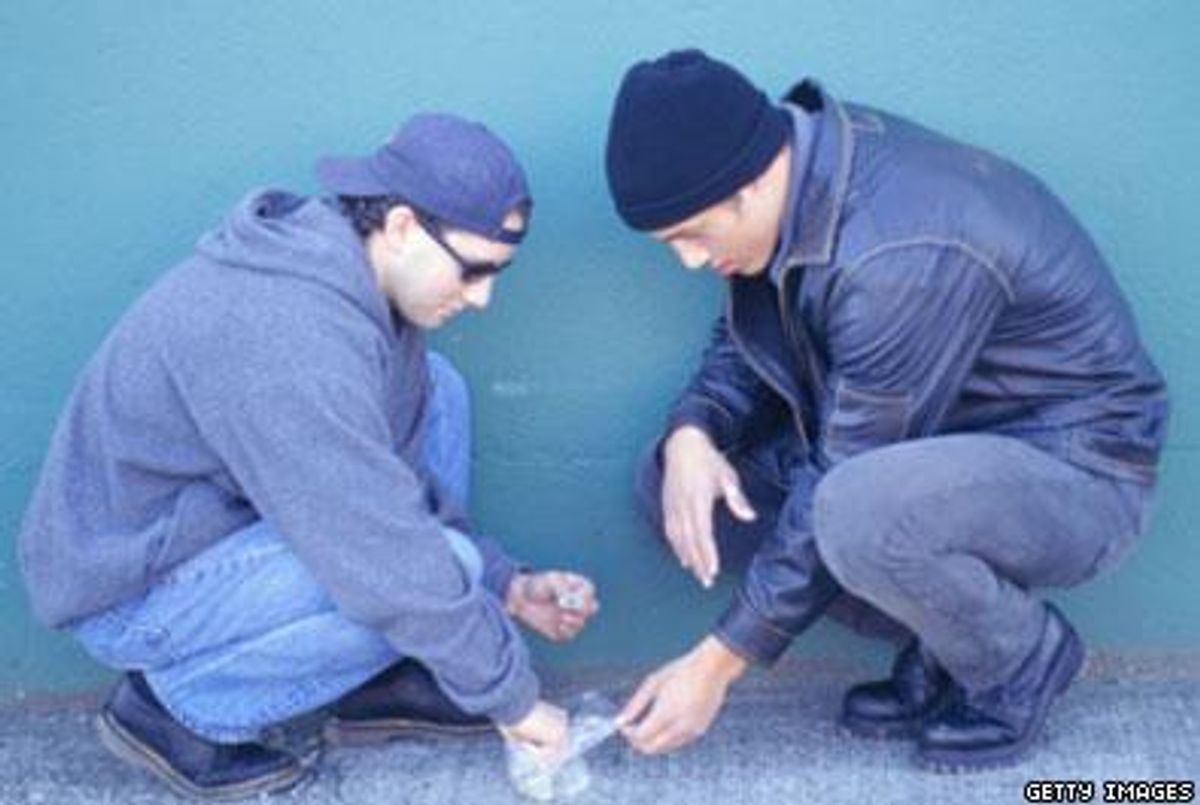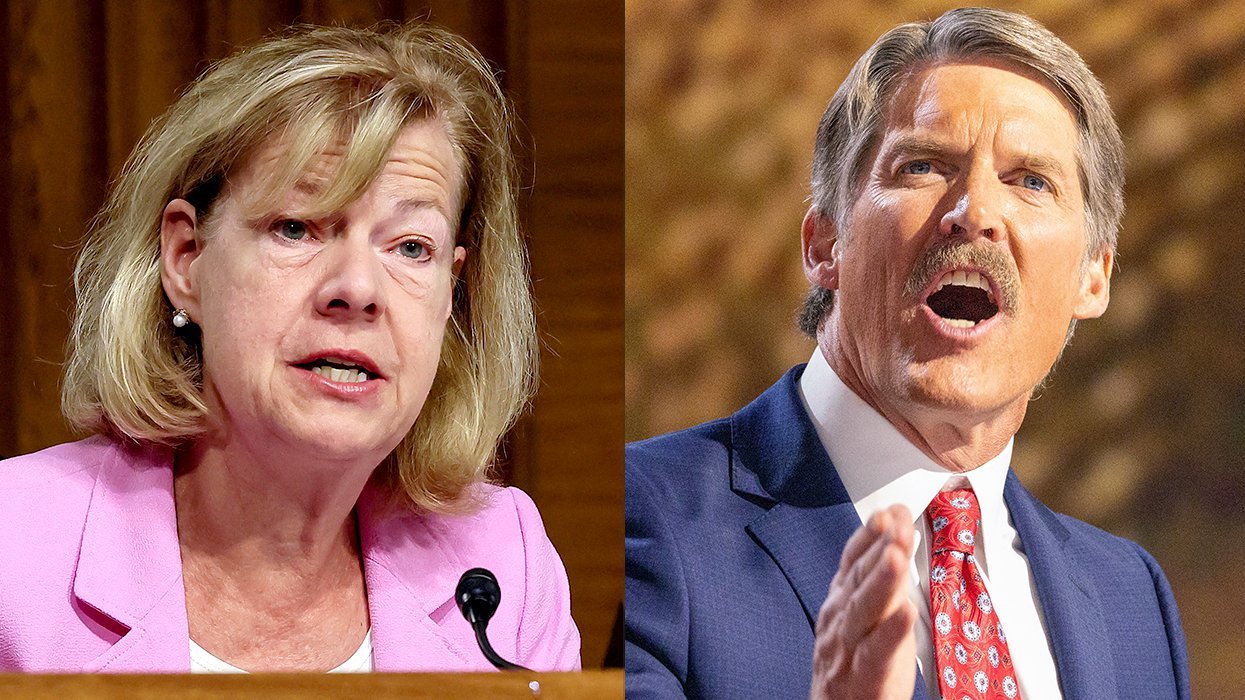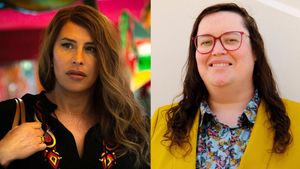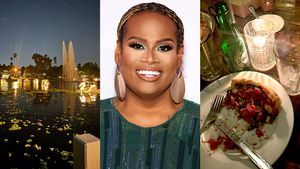All Rights reserved
By continuing to use our site, you agree to our Private Policy and Terms of Use.
Biology tests and English literature are interspersed with alcoholism-recovery meetings and impromptu yoga sessions at Nashville's Community High School. It's definitely not your parents' high school experience.
Since its inception in 1997 as the Oasis Academy, CHS has provided a safe haven for teenagers struggling with alcohol and drug addiction. Now
affiliated with Cumberland Heights, a Nashville-area adult recovery program, CHS is the only program of its kind in the Southeast, according to Erin Daunic, the school's director of advancement and student services. And it's gay-friendly to boot.
"This is the last hope that a lot of these kids have," says Daunic. "They come to Community High School voluntarily because they are committed to themselves."
A typical day at the school begins at 8:30 a.m. sharp, as Daunic takes a head count of the students while they share their latest struggles in living clean. The first block of classes gets under way 30 minutes later, and the students are excused in the afternoons, when they leave the comforting embrace of CHS and go home to their families.
And since the school's staffers believe that addiction is a "family disease," parents participate in monthly team meetings, volunteer for various fund-raising events, and are invited to the prom, held at the nearby dry campus of Belmont University.
Daunic's staff will never shame the students, she says. It's because of this philosophy that her gay students feel accepted and loved in this traditionally conservative region.
Nineteen-year-old CHS graduate Alexander Martin was one of those students. "To grow up in Cape Cod and to come here and [have others] make a big deal about being gay seems so foreign to me," Martin says. But he found CHS welcoming and even openly dated another gay student there. "Everyone at school was pretty excited," he adds.
Many of the gay students at CHS have become role models for other kids, says Daunic, who is inspired by what her queer students overcome. "Not only do they have the stigma of being a drug addict," Daunic says, "but they also carry the stigma of being a queer druggie."
But not just gay students benefit from CHS's unique environment. "All of the constructs around social stigmas are deconstructed here," Daunic says. "A former skinhead who goes to school here is now a good buddy with gay, black, and Jewish students in a way he never even thought possible--CHS is like this overwhelming cultural, religious melting pot."
Daunic's personal investment in her students' welfare is just one quality separating her from typical school authoritarians. At lunch she asks students if they'd like food from a trendy restaurant, and she reminds curse-prone kids not to swear in front of a reporter--"We have visitors, you guys."
But Daunic also speaks the students' language. "I love it when they call me out on stuff," Daunic says. "They'll be like, 'This is bullshit. I'm not doing whatever.' So I'm like, 'Tell me why it's bullshit.' "
A system of checks and balances exists at CHS--administrators routinely conduct drug tests. But when a test comes back positive, Daunic finds the student's dishonesty the most devastating factor.
"We don't kick a student out if the student is honest about using drugs," she says. "If someone says, 'I got high,' we'll work with it from there."


















































































